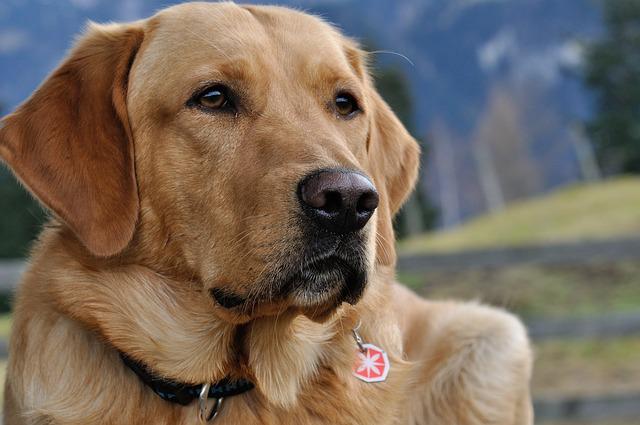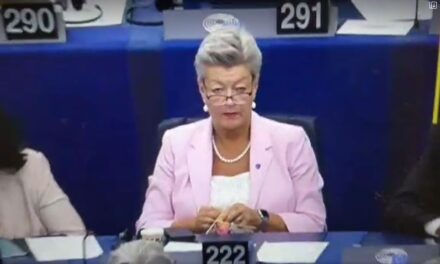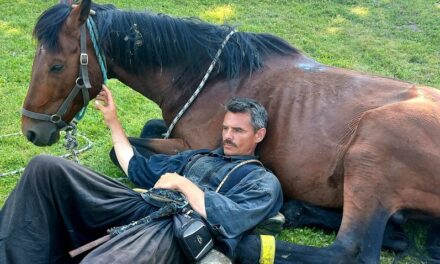An Israeli startup led by a former IDF canine unit commander has raised $6.2 million to develop lab-equipped early cancer screening centers.
Few people understand the psychology and capabilities of dogs better than Colonel Ariel Ben-Dayan (res.), former commander of the Israeli Defense Forces' Oketz canine unit.
Ben-Dayan is the of SpotitEarly , which builds an early cancer detection system based on dogs' excellent sense of smell combined with artificial intelligence.
The user buys a home kit that includes a surgical mask, breathes into the mask for five minutes, and then sends it to a screening lab, where the mask is placed in an olfactory station. The sample is also sniffed by several specially trained dogs.
If their behavior, confirmed by an artificial intelligence algorithm, indicates cancer, the person is referred to the healthcare system for further testing.
According to the American Kennel Club, dogs' ultra-sensitive noses can detect the smell of cancer in breath or urine at a very early stage, when the disease is much more treatable.
SpotitEarly trains Labradors to reliably sniff out breast, lung, colon or prostate cancer from a single sample. According to Ben-Dayan, this breed has the right qualities: excellent sense of smell, discipline and willingness to work.
The company's laboratory is located in a kibbutz where the dogs live and work. SpotitEarly is conducting clinical trials with two Israeli medical centers, Hadassah in Jerusalem and Sourasky in Tel Aviv.
"In the training phase before the test, our test showed greater sensitivity and better specificity in detecting the early stages of cancer than any test on the market today"
says Ben-Dayan.
"We expect an interim analysis in three months and complete clinical trials in 10 months."
A hybrid of dog and nanotechnology
Olfactory technology is a hot new field, and electronic “noses” that sniff out diseases are being developed at Ben-Gurion University and the Technion-Israel Institute of Technology.
However, electronic noses have not yet proven to be accurate enough in real-world conditions, where disease odors must be separated from other odors in the sample, such as coffee on the patient's breath.
Ben-Dayan believes the future lies in a hybrid of an electronic nose and a dog's nose.
"I have many years of experience with dogs and I know that no one can replace a dog's nose. But when we add technology, it becomes the optimal system that gives us another level of trust and control.”
he told ISRAEL21c.
"If we find cancer, we send our client for further screening procedures. If those tests [yet] don't find anything because it's too early, we'll recommend routine screening every six or 12 months because we assume there are cases where we'll find it before any other lab."
says Ben-Dayan.
Featured image: Illustration / Pixabay













